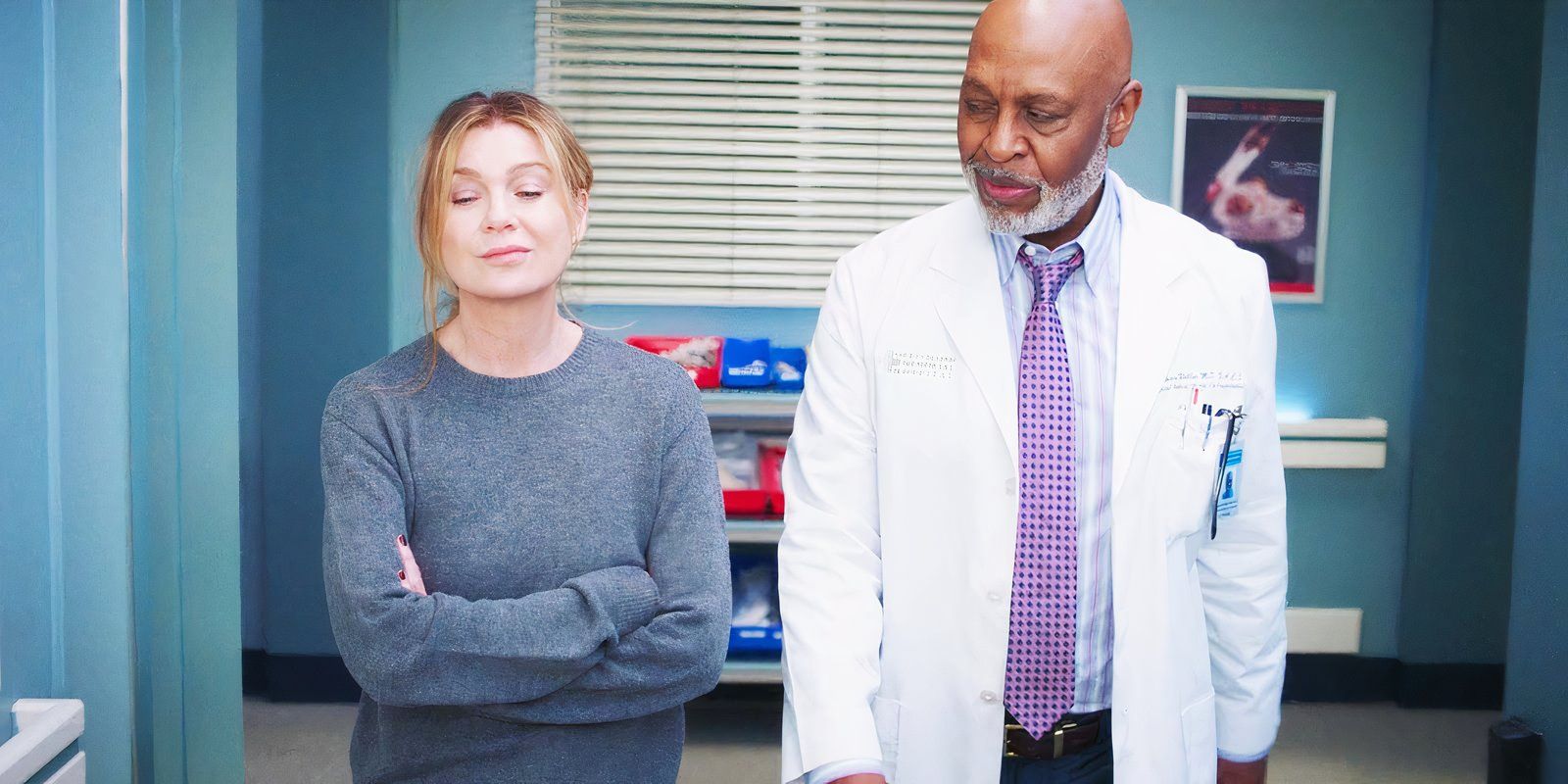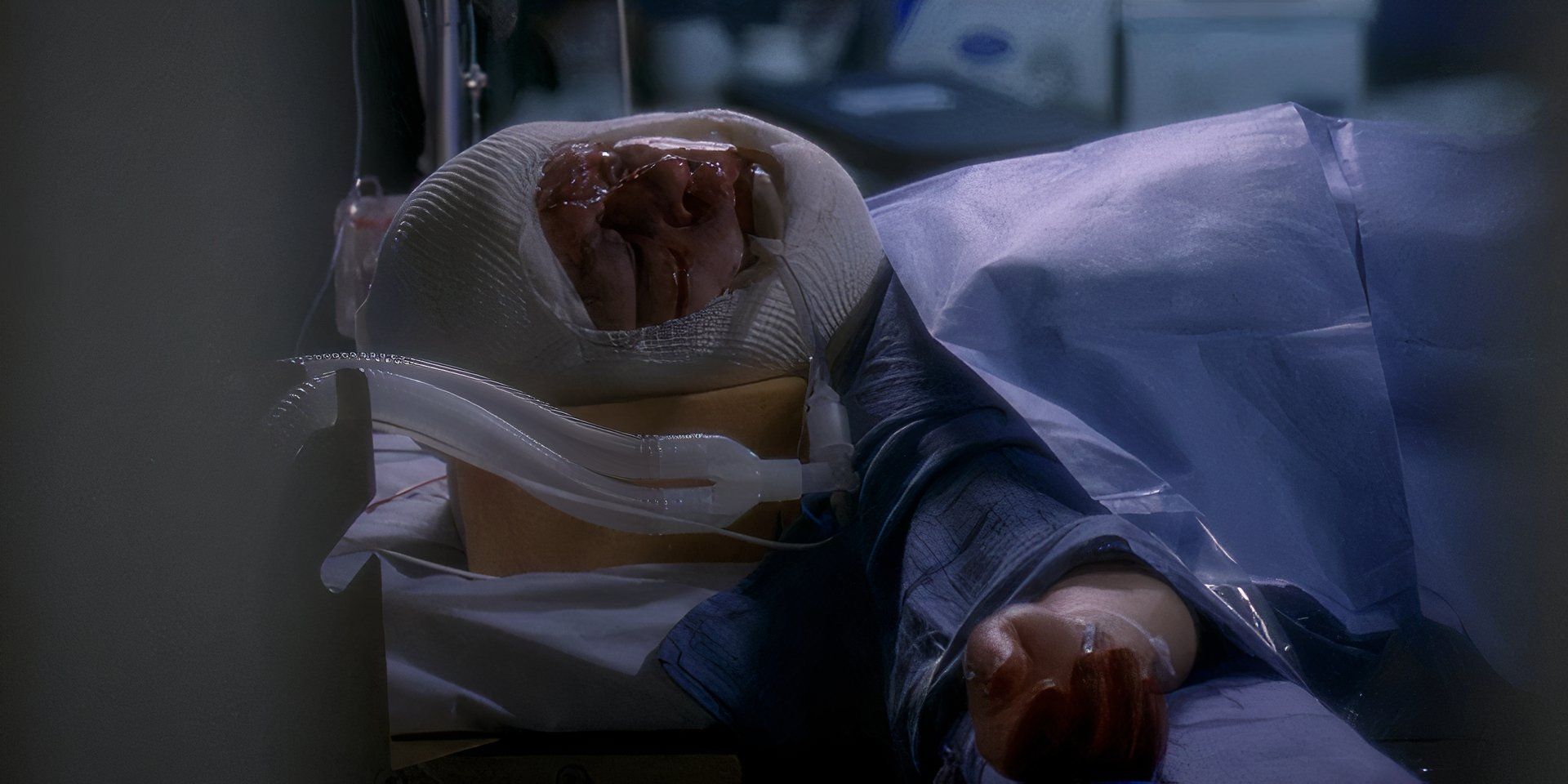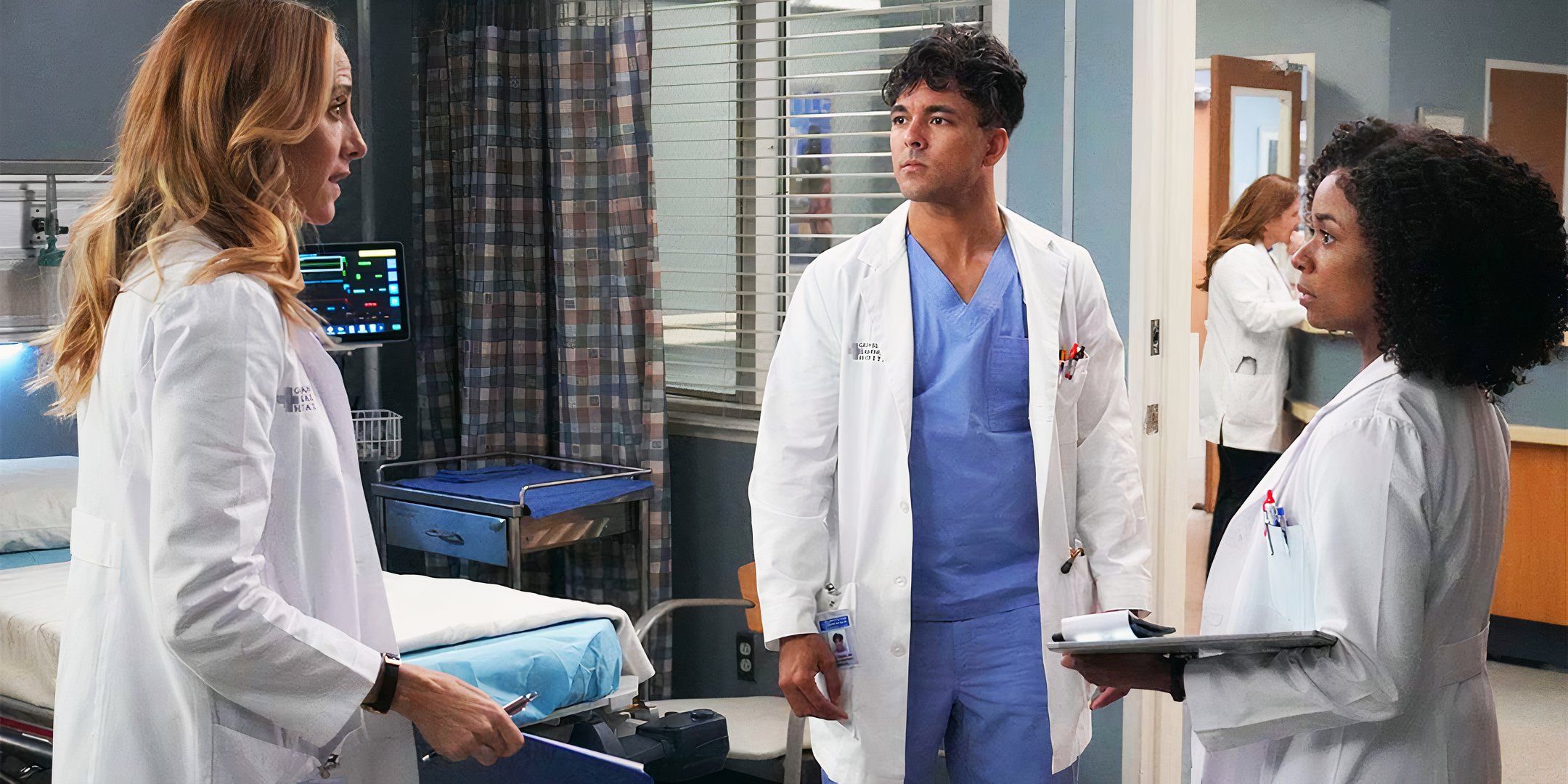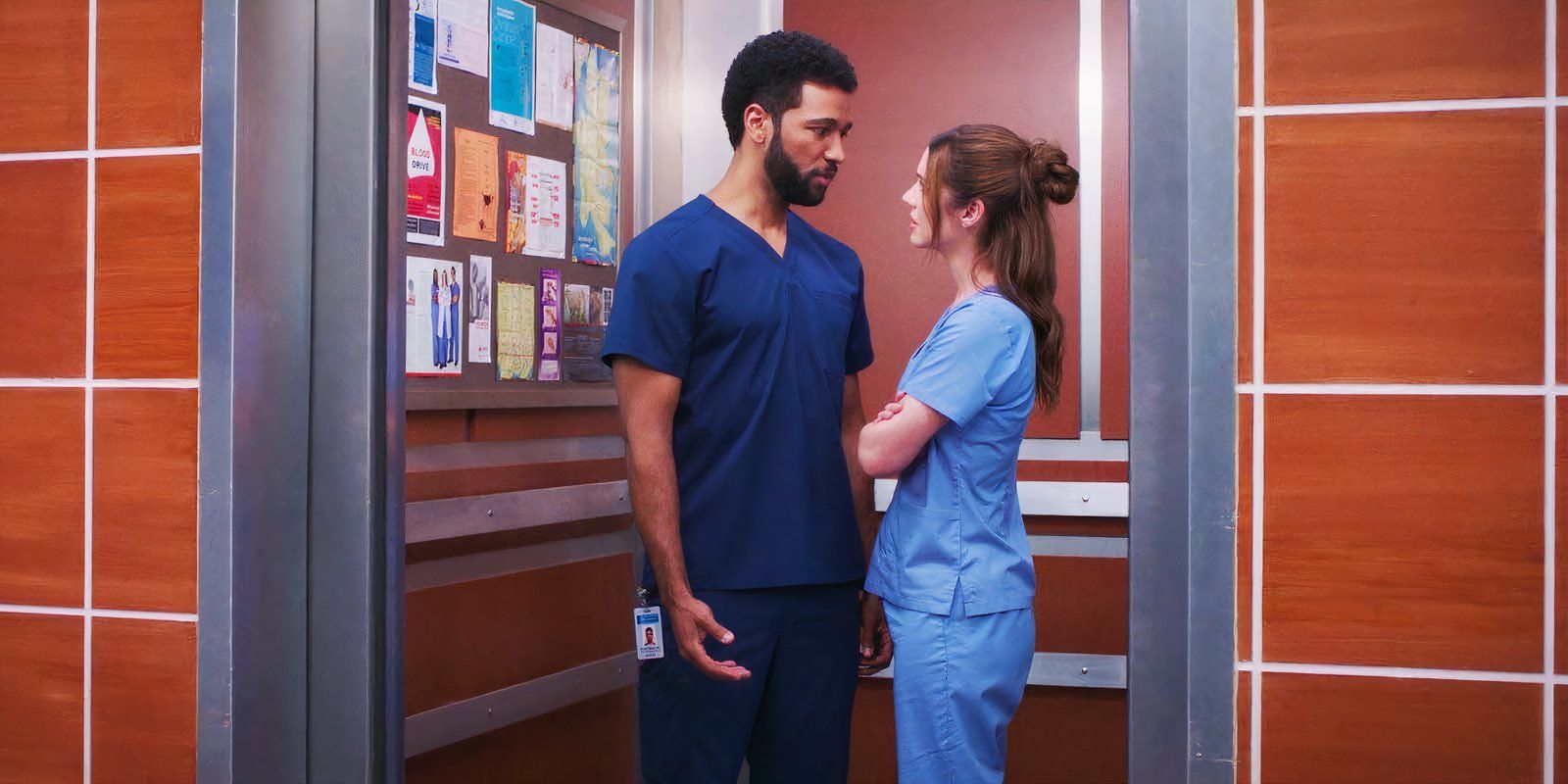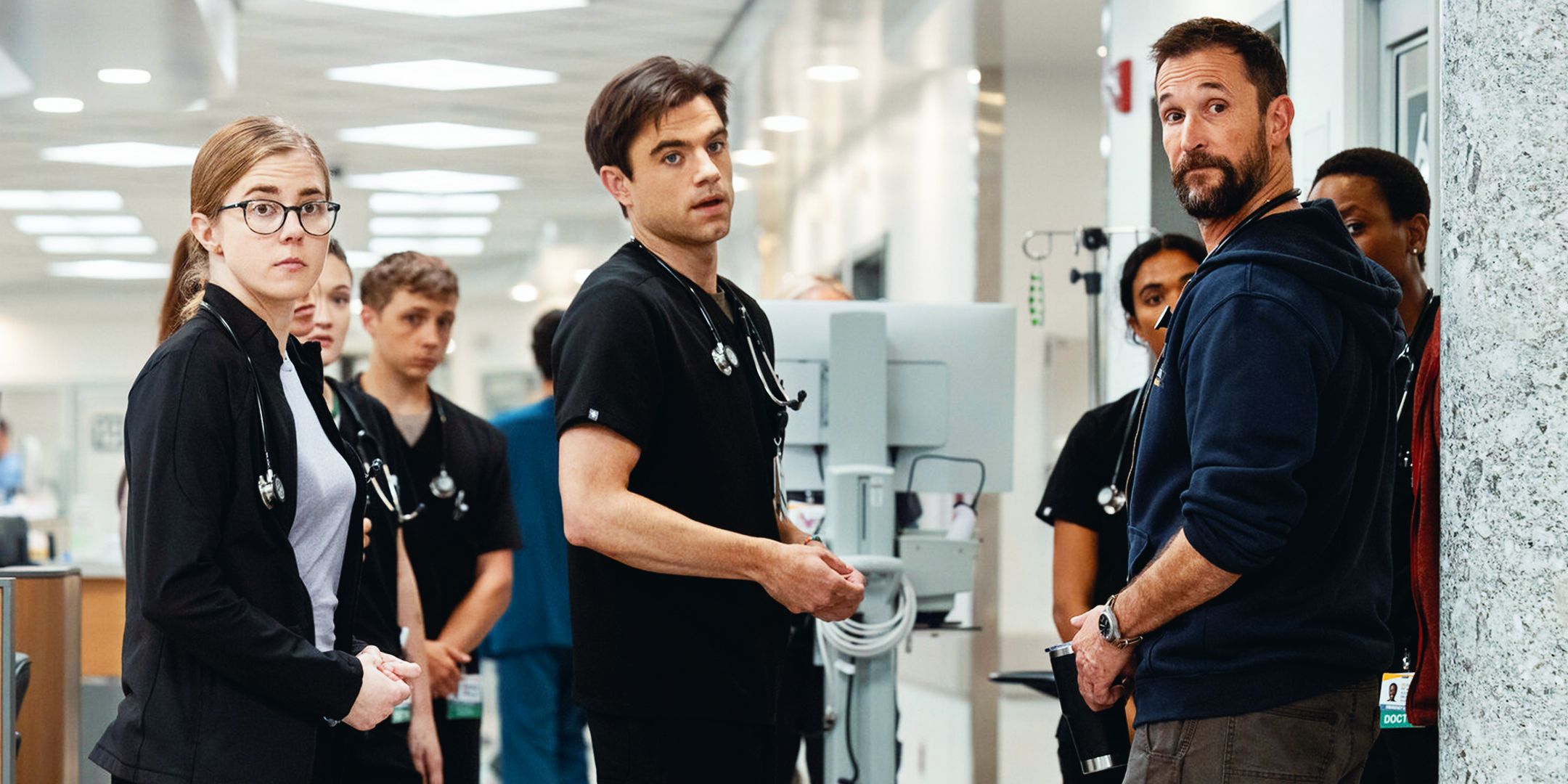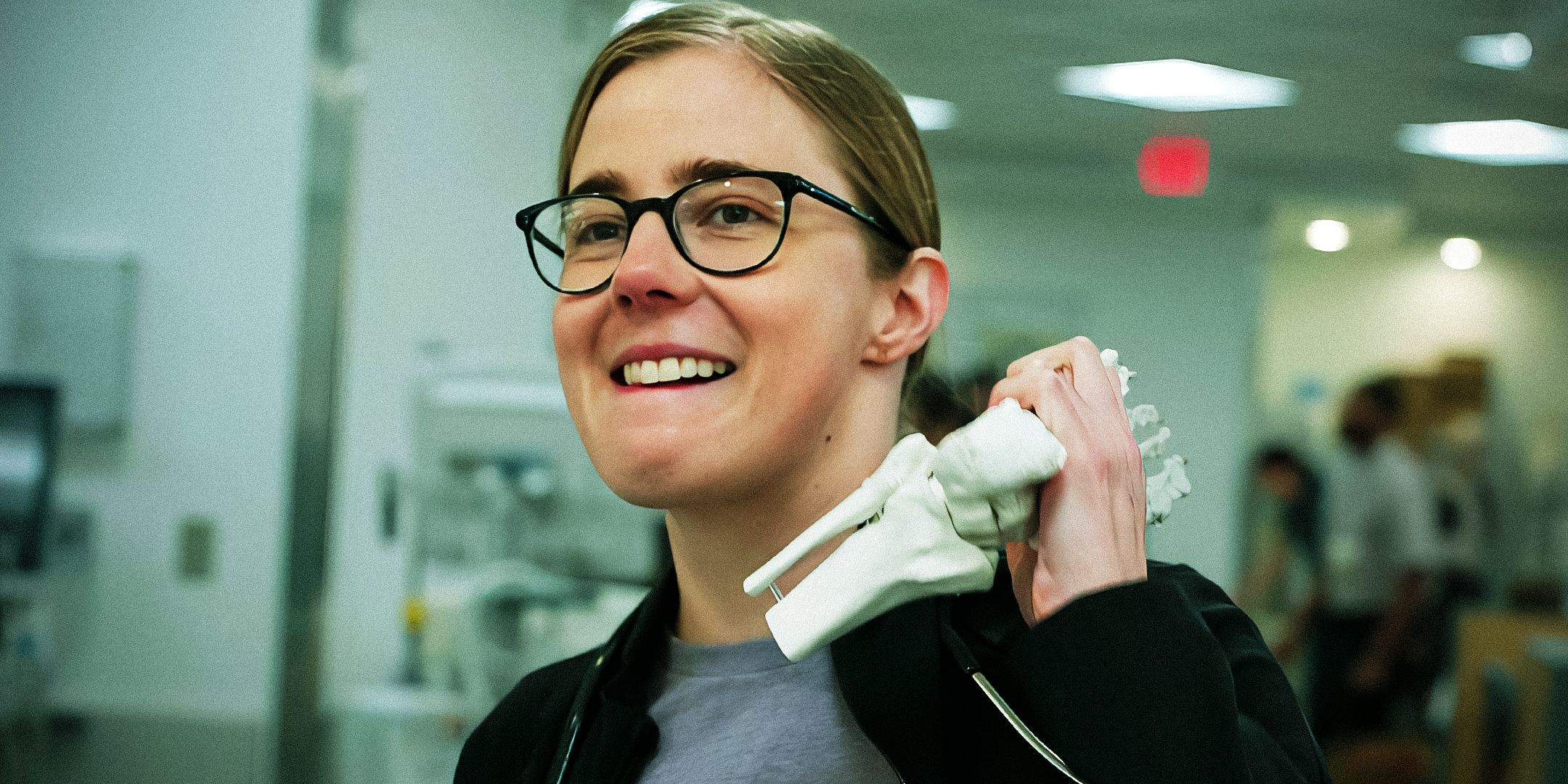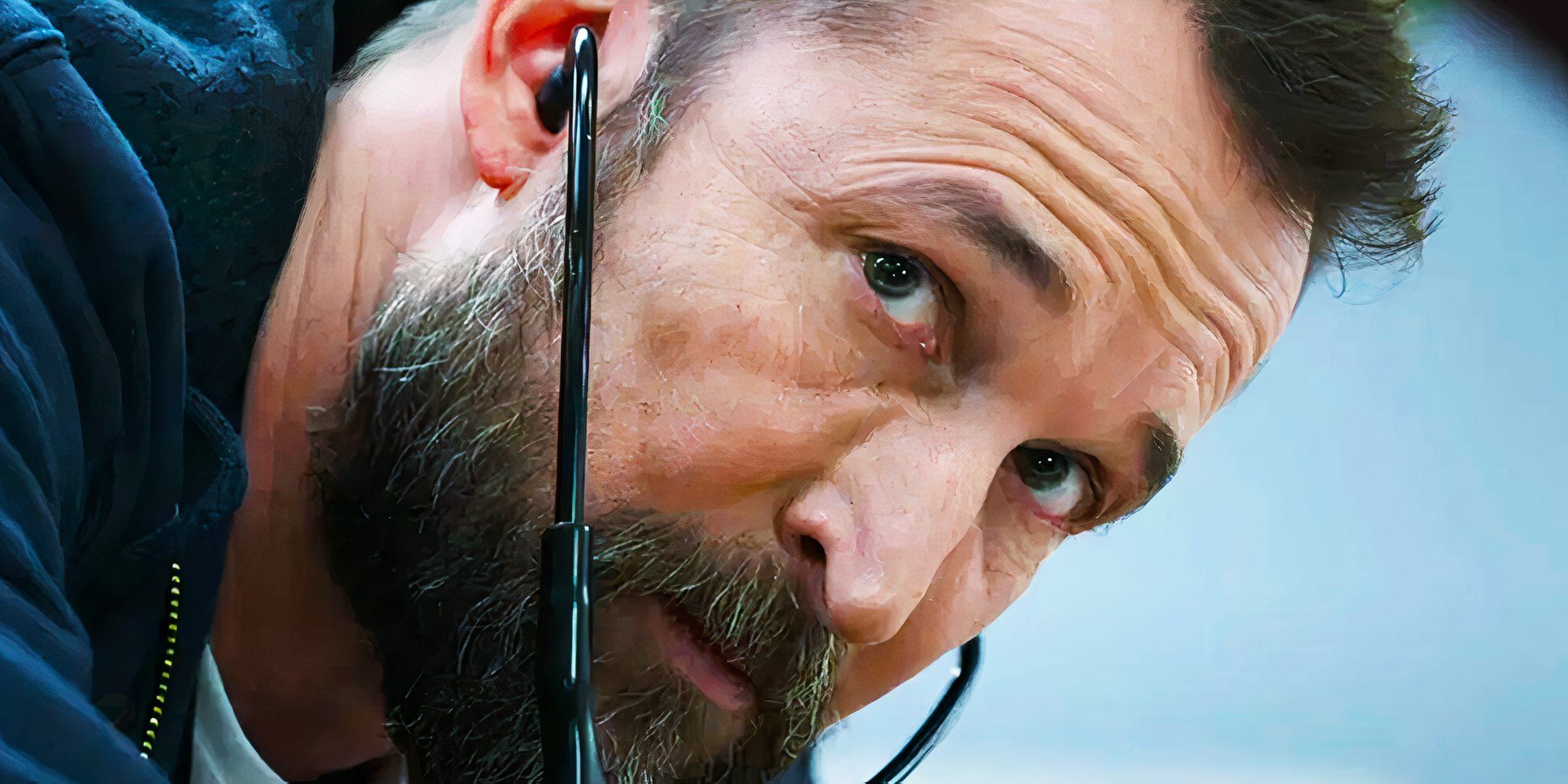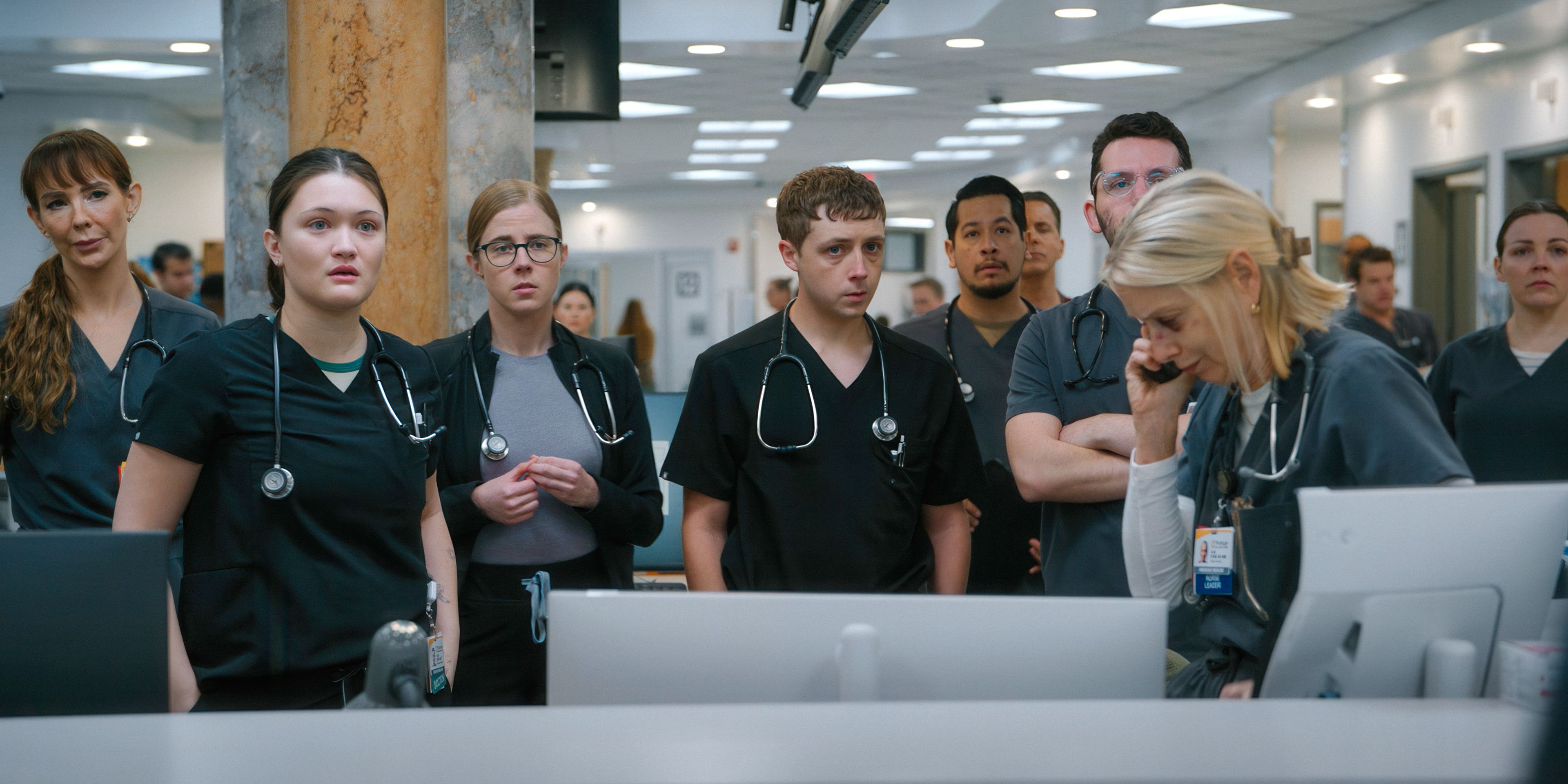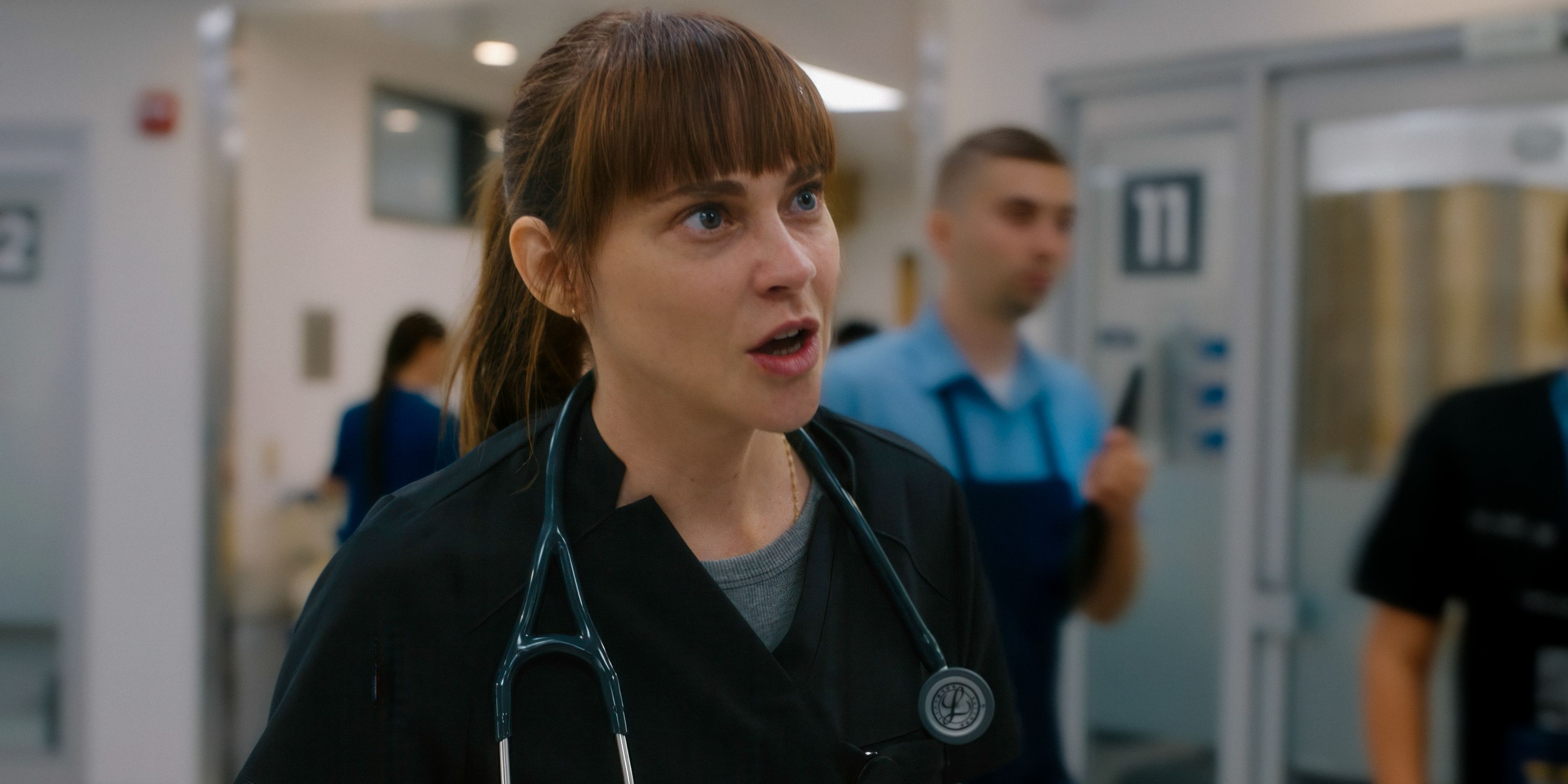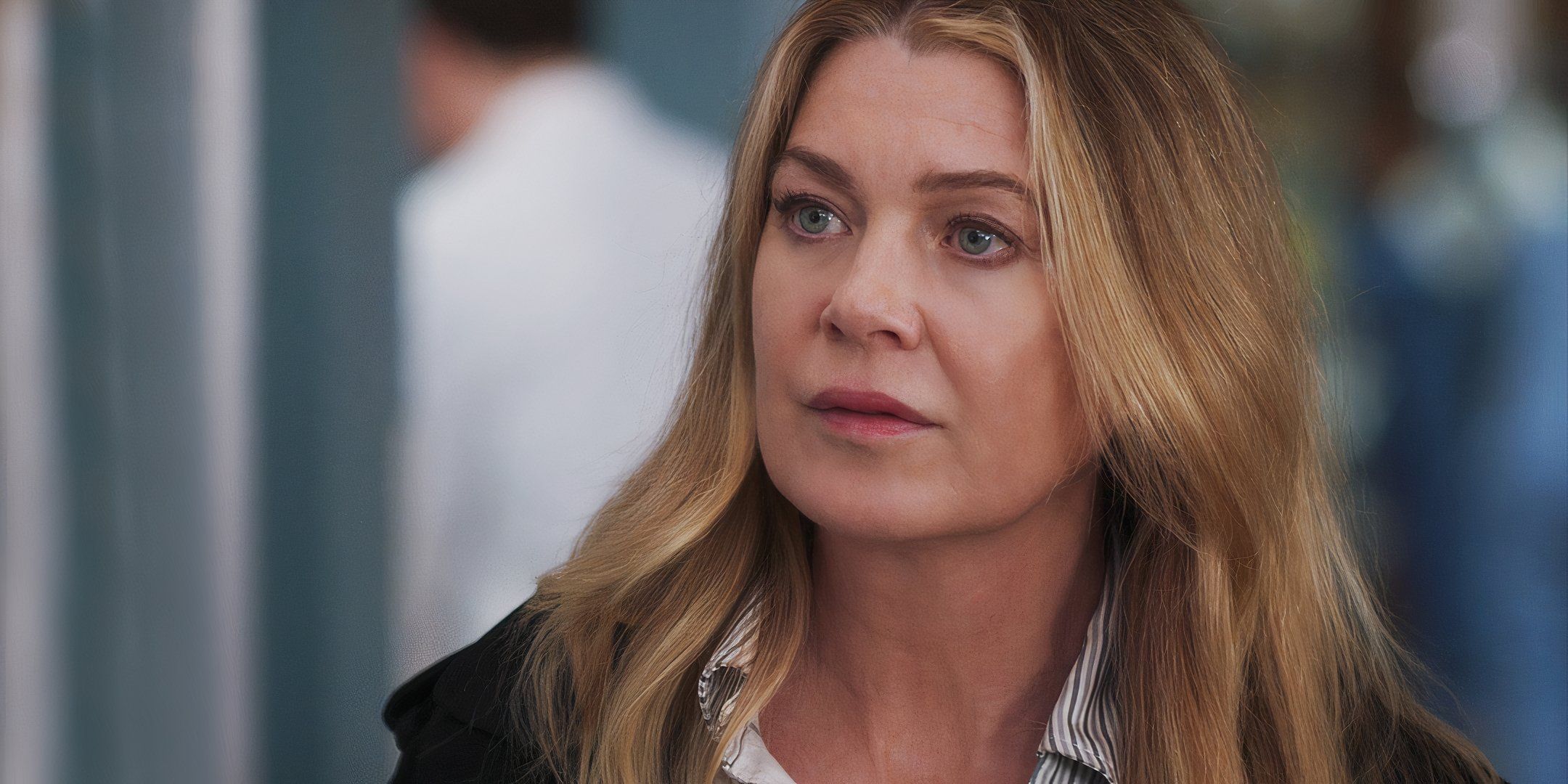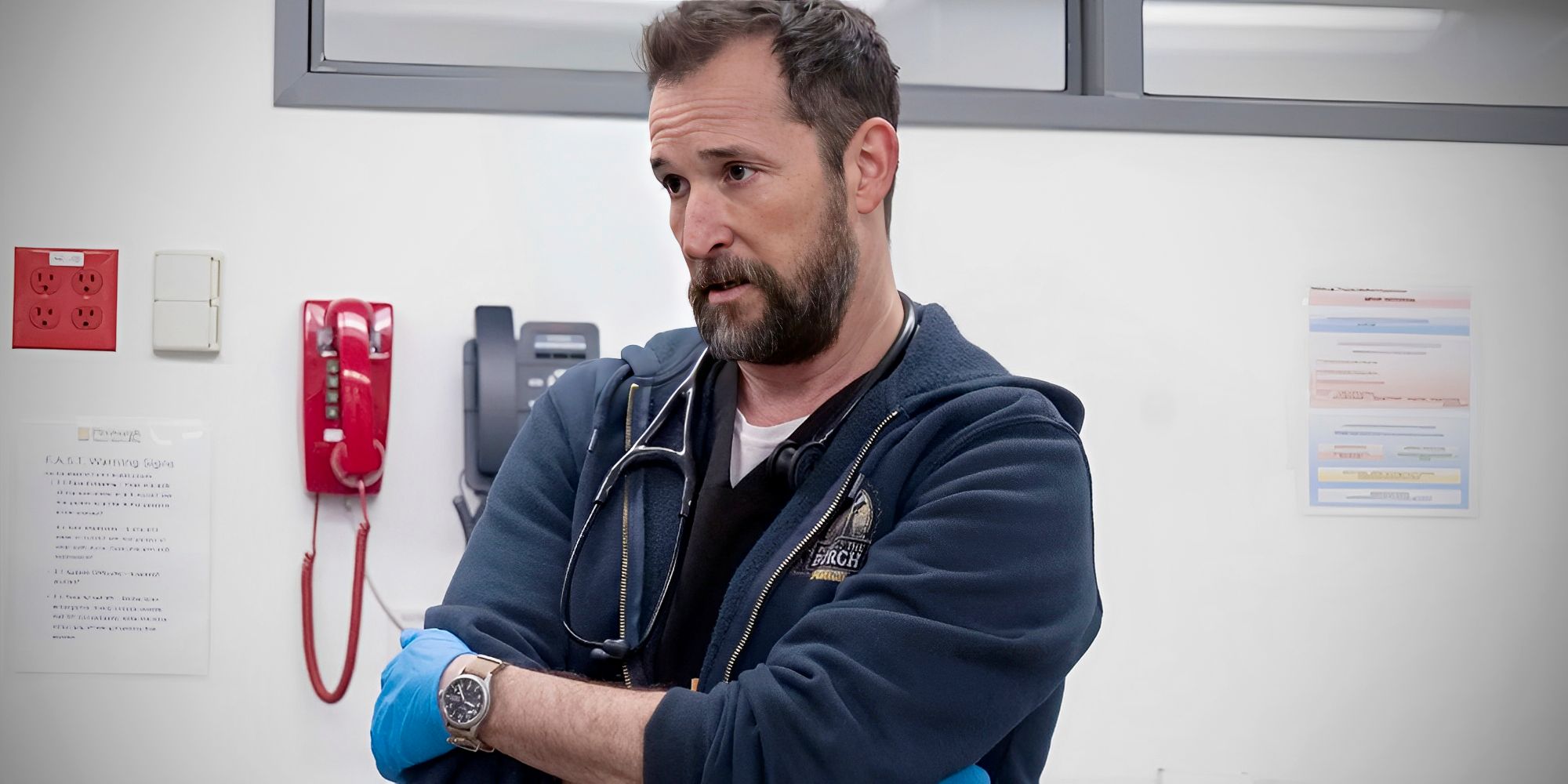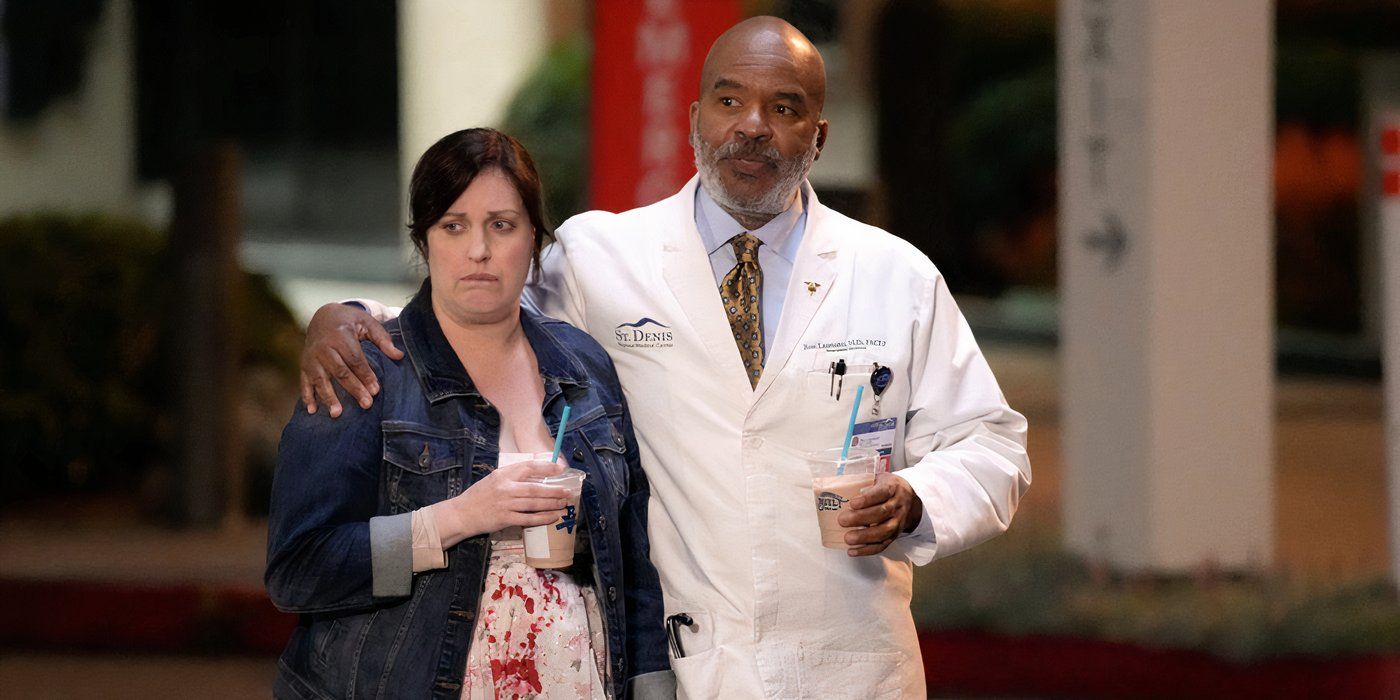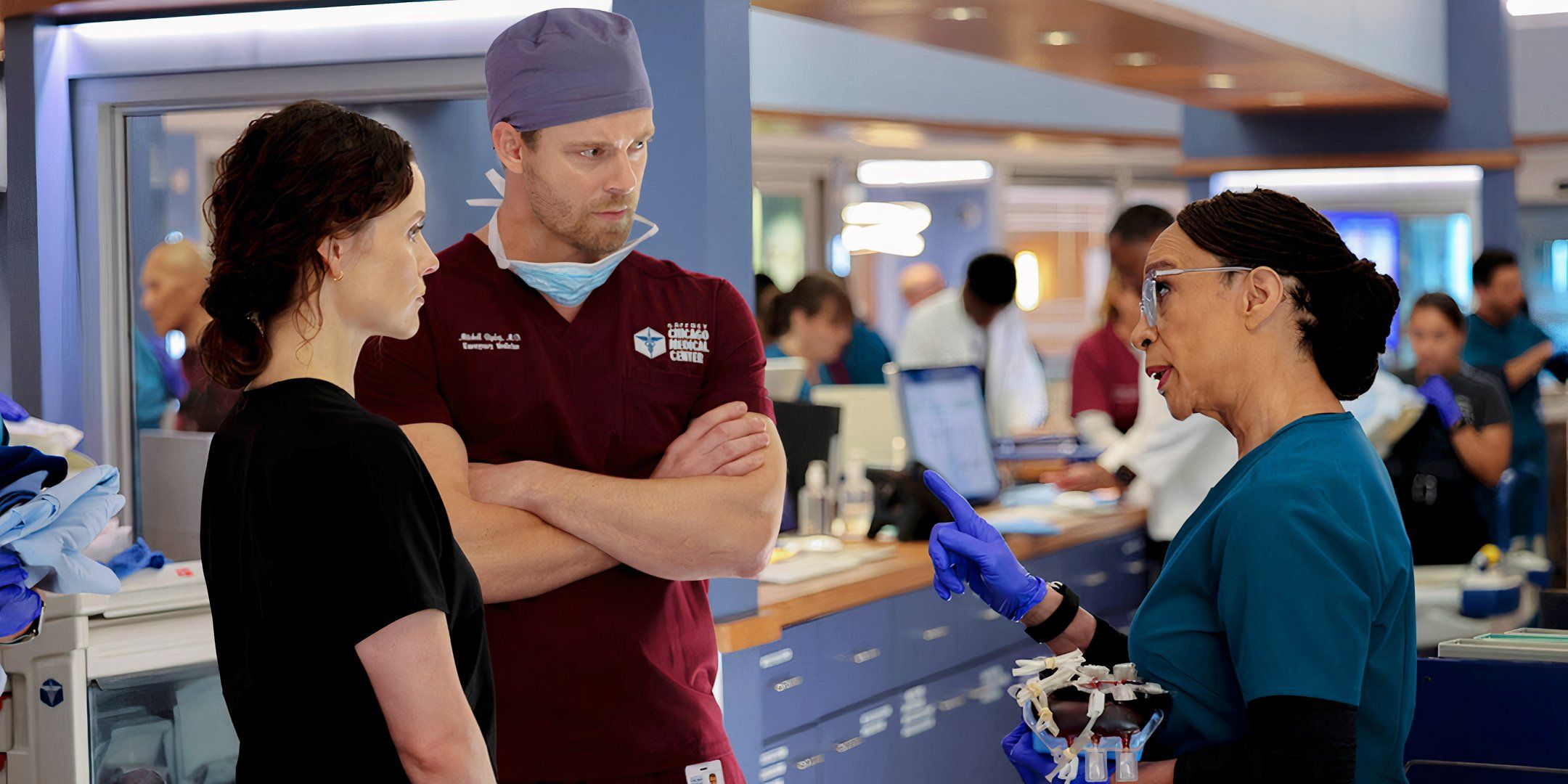
Just like its predecessor, Grey’s Anatomy has built up a loyal and long-term fanbase who lives for the twists and turns of the show. Their investment in the drama that befalls the characters of Grey’s Anatomy is what has powered the show’s unprecedented run among its peers in the medical drama space. Yet, that investment would never happen in the first place if Grey’s Anatomy didn’t give its viewers exactly what they want. While not every narrative decision has been met with cheers, the show’s sometimes infuriating and sometimes heartbreaking decisions are just as important as the high points. It’s that ethos of leaving fans wanting more that has made Grey’s Anatomy so successful, the best current medical drama at this balancing act – and maybe even the best to ever do it.
Grey’s Anatomy Has Built Its Show On Cliffhangers & Epic Finales
Even This Season Ended On A Cliffhanger
It’s exactly those peaks and troughs that keep audiences coming back season after season. Grey’s Anatomy has trained audiences to expect plenty of plot twists and shocking reveals. While those are sprinkled throughout each season, the medical show leans heavily on the “melo” part of melodrama. It opens the door for some truly unforgettable season finales that often include those unexpected cliffhangers. Who could forget, for example, the season 5 finale of the John Doe being hit by a bus, only for the Grey’s Anatomy season 6 premiere to reveal it was actually T.R. Knight’s George who had died? Even this season, Grey’s Anatomy season 21, ended on a cliffhanger finale.
The Pitt’s Nature Means It Can’t Have That Many Cliffhangers
Real Life Doesn’t Have That Many Left-Field Twists
The developments in The Pitt season 1 weren’t genuine twists and mysteries, but the logical end result of narratives that had hints carefully seeded throughout the season if you were paying attention.
However, the developments in The Pitt season 1 weren’t genuine twists and mysteries, but the logical end result of narratives that had hints carefully seeded throughout the season if you were paying attention. While the Langdon reveal may have been shocking, there were tells all throughout the episodes leading up to the revelation that he had been stealing drugs: the multiple references to his impulse control issues, his jittery, self-proclaimed “ADHD” nature, the fact that his temper was at times incredibly short, etc. It was all there for the audience to pick up on. It wasn’t a twist, but a great example of seamless “show, don’t tell” character development.
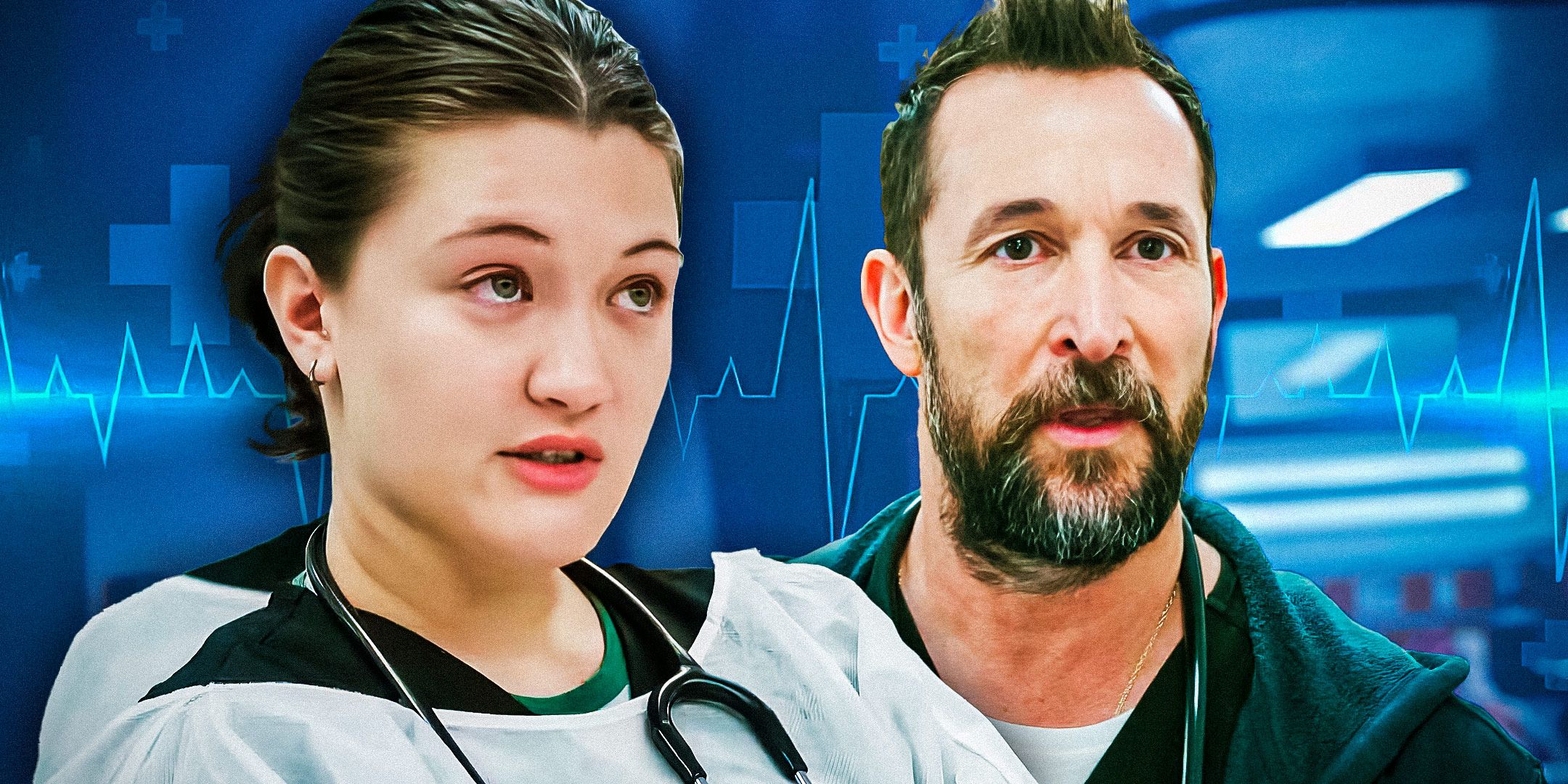
The Pitt season 1 came to its emotional conclusion, and while the medical drama began to slow down, its emotional stories only sped up.
Both Grey’s Anatomy & The Pitt Showcase The Range Of The Hospital Drama Genre
The Genre Is Thriving More Than Ever
The beauty of being in an era where both Grey’s Anatomy exists as the current reigning grand dame of medical dramas and The Pitt smashes records in its freshman outing is that we now get the benefit of both. Many network hospital shows have tried to be Grey’s Anatomy, and they’ve all failed. Likewise, streamers tried to tout their new medical dramas as a rival to The Pitt and were resoundingly rebuffed. Grey’s Anatomy and The Pitt may be wholly different in terms of tone and focus, but each excels at being exactly the show it’s meant to be.

Grey’s Anatomy showrunner Meg Marinis shares her thoughts on the success of Max’s rival medical drama, The Pitt, and whether it will impact the show.
